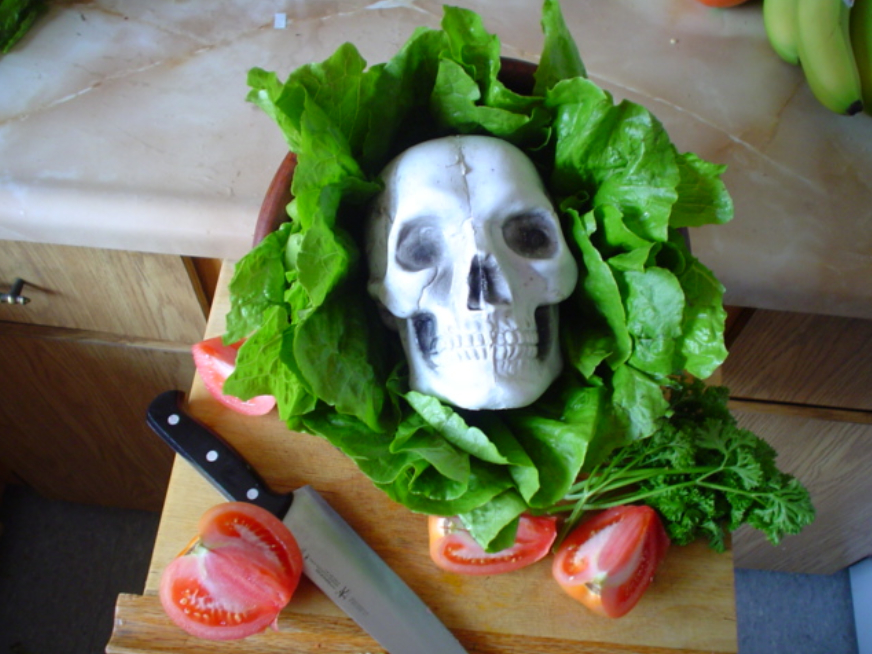The Dallas Morning News reports that Texas and New Mexico now claim 104 of the 138 cases of Salmonella Saintpaul related to tomatoes in 11 U.S. States. At least 19 people from the two states have been hospitalized. No deaths have been reported.
The U.S. Food and Drug Administration said that tomatoes grown in Texas, California, Georgia, North Carolina and South Carolina appear to be blameless. Those imported from Belgium, Canada, Dominican Republic, Guatemala, Israel, the Netherlands and Puerto Rico also did not appear to be the source.
(1)(1).jpg) The FDA said preliminary investigations suggest that raw red plum, red Roma or round red tomatoes are the source of the problem.
The FDA said preliminary investigations suggest that raw red plum, red Roma or round red tomatoes are the source of the problem.
Meanwhile, the Washington Health Department said an E. coli outbreak that sickened at least nine people in Pierce and Thurston counties is apparently over and that there have been no new cases since May 29.
A spokesman, Donn Moyer, said the infection apparently came from romaine lettuce that was served at schools or restaurants. Moyer says health officials haven’t been able to identify the source for sure, although the Food and Drug Administration is still investigating.

(1).jpg) The
The .jpg) The report does not definitively state how the lettuce was contaminated but said water contaminated by manure from two nearby dairies could be a possible source.
The report does not definitively state how the lettuce was contaminated but said water contaminated by manure from two nearby dairies could be a possible source. News from Orlando, where Amy and I arrived last night for some work and play, and where the Florida Department of Agriculture found traces of listeria on California lettuce at the Dr. Phillips Boulevard Fresh Market store in town.
News from Orlando, where Amy and I arrived last night for some work and play, and where the Florida Department of Agriculture found traces of listeria on California lettuce at the Dr. Phillips Boulevard Fresh Market store in town..jpg) Dole Fresh Vegetables
Dole Fresh Vegetables.jpg)
 The
The .jpg) Hawaii’s Department of Health was cited as reporting earlier this month that four tourists and four others on Kaua’i in March were most likely infected by eating contaminated lettuce from a Kaua’i farm, where heavy rains and flooding had carried E. coli O157 from a cattle pasture onto the lettuce patch.
Hawaii’s Department of Health was cited as reporting earlier this month that four tourists and four others on Kaua’i in March were most likely infected by eating contaminated lettuce from a Kaua’i farm, where heavy rains and flooding had carried E. coli O157 from a cattle pasture onto the lettuce patch.